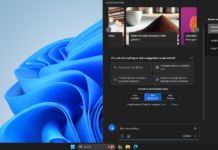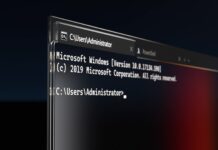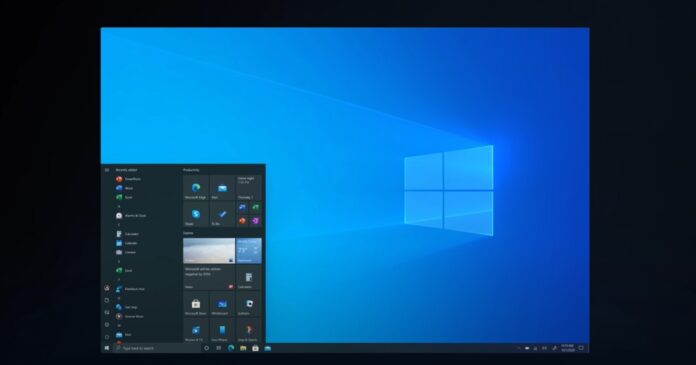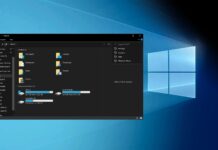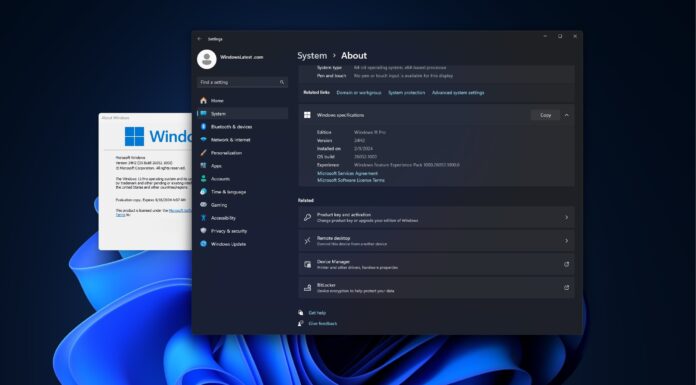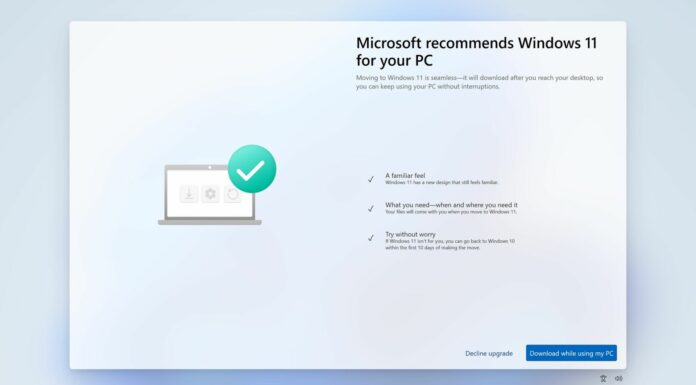Windows 10 KB5023773 is heading to PCs in production with many quality improvements and bug fixes. This is an optional update, and it won’t install automatically. Still, you always download it from Windows Update or Microsoft Update Catalog (the portal that houses direct download links for KB5023773 offline installers).
KB5023773 is an optional update, and users should download it only if they need these bug fixes. While the optional update is much safer than the preview builds offered to users in the Windows Insider Program, waiting for the mandatory Patch Tuesday updates is generally a good idea.
The main highlight of the cumulative update is fixes related to the USB printers. As per official release notes, Microsoft has fixed an issue that affects USB printers. The company admitted a bug in Windows 10 that marked these USB printers as multimedia devices even though they are not.
The update will appear as “2023-03 Cumulative Preview Update for Windows 10 Version 22H2 for x64-based Systems (KB5023773)”. The patch is under the “Optional updates” section of Windows Update. However, the update won’t show up if you haven’t dismissed Windows 11 upgrade offer.
It is also worth noting that future optional updates will ship in the fourth week of every month instead of the third. Microsoft has changed its Windows Update schedule and replaced the “C, D” updates with “fourth-week optional update” for Windows 11 and 10.
Download Links for Windows 10 KB5023773
Windows 10 KB5023773 Direct Download Links: 64-bit and 32-bit (x86).
Windows 10 KB5023773 (Build 19045.2788) Full Changelog
There are several bug fixes in this update. For example, Microsoft has fixed an issue that affects the ms-appinstaller URI. It now supports the DesktopAppInstaller policy.
The update fixes a problem that affects the Remote Procedure Call Service (rpcss.exe). The problem might cause a conflict between the Distributed Component Object Model (DCOM) and the Microsoft Remote Procedure Call (RPC) endpoint mapper.
Microsoft has fixed an issue that affects the Microsoft HTML Application Host (HTA). This issue prevents code execution that uses Microsoft HTA. This happens when you enable Windows Defender Application Control (WDAC) User Mode Code Integrity (UMCI) enforced mode.
Here’s a list of all important bug fixes and improvements:
- The update fixes a problem that affects Desired State Configuration. It resets its previously configured options. This happens if metaconfig.mof is missing.
- Microsoft has fixed an issue that affects some printers. A bug that affects printers using Windows Graphical Device Interface (GDI) has been fixed. However, these drivers do not follow the specs outlined in GDI.
- The update fixes a problem that affects the Simple Certificate Enrollment Protocol (SCEP) certificate. The system wrongly reports some SCEP certificate installations as failed. Instead, the system should report them as pending.
- Microsoft has fixed an issue that affects the Fast Identity Online 2.0 (FIDO2) PIN credential icon. It does not show up on the credentials screen of an external monitor. This happens when that monitor is connected to a closed laptop.
- Another bug has been fixed that affects apps using Windows UI Library in the Windows App SDK (WinUI 3).
- A bug has been fixed where users cannot delete multiple accounts during cleanup of SharedPC account manager
- A bug has been fixed where lsass.exe might stop responding when it sends a Lightweight Directory Access Protocol (LDAP) query to a domain controller.
In related news, users recently reported problems with Windows 10 March 2023 Update, with some noting that the update crashes their devices with Blue Screen. It is possible you may run into similar issues when installing the optional update, which is why it may be a good idea to wait until April 2023 Updates are out.



